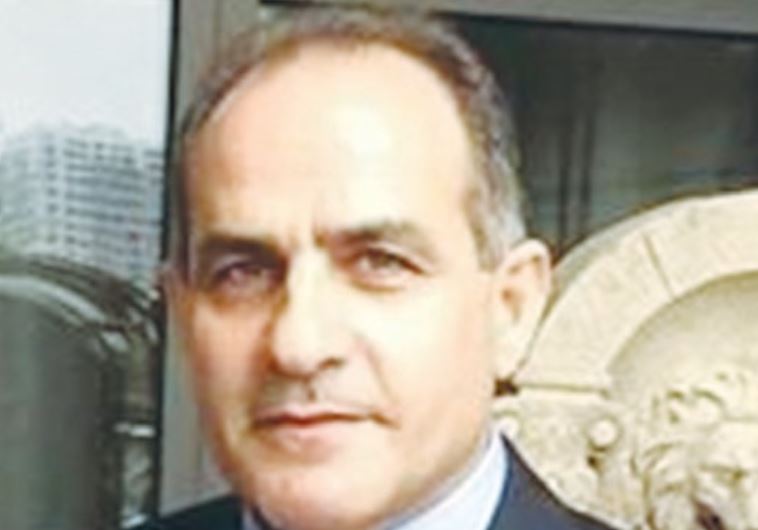US, Israel sympathetic to Kurds but lack concrete action, Kurdish official says
President of Kurdistan National Assembly: Israel needs to think strategically by reaching out to Kurds, which will weaken their enemies.
 (photo credit: FARIDON ABBAS)Updated:
(photo credit: FARIDON ABBAS)Updated: